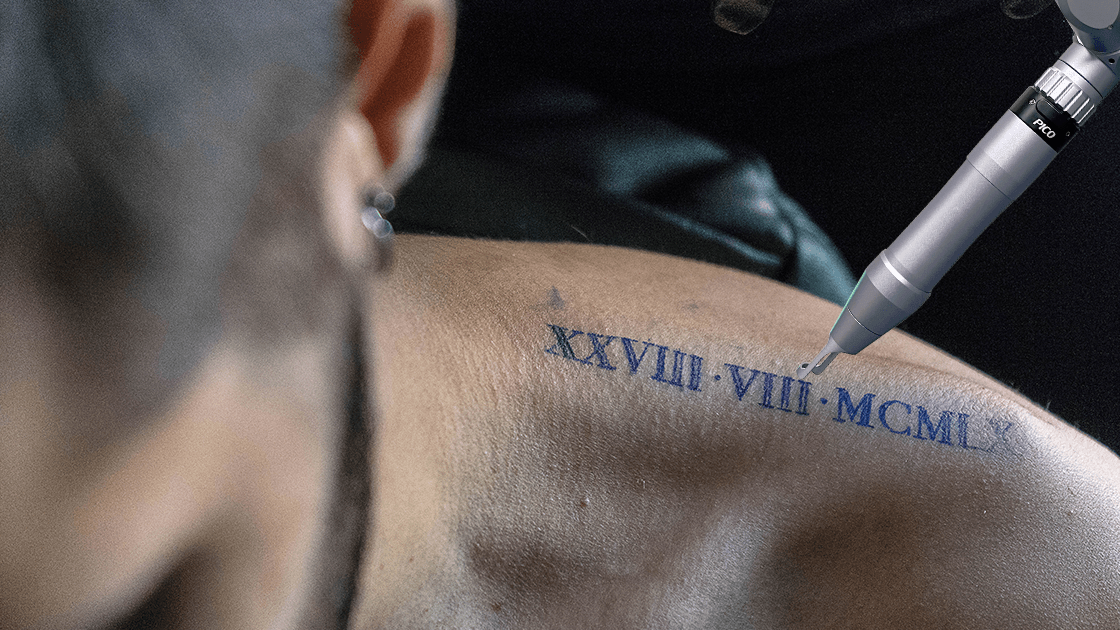Introduction: The Buzz Around Laser Hair Removal
Laser hair removal has become a favored choice for many seeking a long-term solution to unwanted hair. This advanced technology offers the promise of smooth skin with minimal maintenance. However, as its popularity grows, so do the questions surrounding its safety. A common concern among potential clients is whether laser hair removal can cause skin darkening. This article aims to demystify this issue and provide you with the facts you need to make informed decisions.
Understanding Laser Hair Removal
To grasp the potential effects of laser hair removal, it’s essential to understand how the process works. Laser hair removal employs concentrated beams of light to target and destroy hair follicles. Different types of lasers are used depending on skin type and hair color, making it crucial to choose the right technology. For instance, darker hair absorbs more light, making it more responsive to laser treatments, while lighter hair may require specialized lasers or multiple sessions to achieve desired results.
During a session, the laser energy converts to heat, which damages the follicle, preventing future hair growth. While effective, this process can also provoke skin reactions, especially in individuals with darker skin tones, leading to concerns about potential pigmentation changes.
The Skin Reaction: What to Expect
After a laser hair removal session, you may experience some normal skin reactions, such as redness, swelling, or a mild burning sensation. These effects are typically temporary and should subside within a few hours to a couple of days. However, skin darkening, or post-inflammatory hyperpigmentation (PIH), may occur in some individuals, particularly those with darker skin tones.
PIH is a condition where areas of the skin become darker following inflammation or injury. The degree to which this occurs can depend on several factors, including skin type, the laser’s wavelength, and how your skin reacts to the treatment. Understanding these factors can help you manage expectations and reduce anxiety about potential side effects.
Debunking the Myths: Is Skin Darkening Inevitable?
One prevalent myth is that laser hair removal will always cause skin darkening. This is not the case. While some individuals may experience changes in pigmentation, it is not a guaranteed outcome. Factors influencing the likelihood of skin darkening include:
Skin Type: Darker skin is more susceptible to PIH due to higher melanin content.
Laser Type: Certain lasers are more suitable for darker skin, reducing the risk of adverse reactions.
Technician Experience: An experienced technician can minimize risks by tailoring the treatment to your specific needs and skin type.
By choosing a practitioner skilled in treating diverse skin types, you can significantly reduce the chances of skin darkening.
Precautions and Aftercare: Keeping Your Skin Safe
To protect your skin during and after laser hair removal, it’s vital to take necessary precautions. Here are some tips to ensure a safe experience:
Consultation: Before treatment, have a thorough consultation with a qualified professional to discuss your skin type, hair color, and any specific concerns you may have. This can help determine the most suitable laser for you.
Sun Protection: After treatment, avoid sun exposure to minimize skin sensitivity. UV rays can aggravate the skin and increase the risk of darkening. Always apply a broad-spectrum sunscreen on treated areas, even on cloudy days.
Aftercare: Follow the aftercare instructions provided by your technician. This may include avoiding hot showers, saunas, or vigorous exercise for a few days to prevent irritation.
Hydration and Gentle Care: Keep your skin hydrated and use gentle, non-irritating skincare products to support healing and maintain skin health.
Conclusion: Empowering Your Decision on Laser Hair Removal
In conclusion, while concerns about skin darkening from laser hair removal are valid, understanding the process and the factors involved can empower your decision-making. By choosing the right practitioner, adhering to precautions, and following proper aftercare, you can enjoy the benefits of laser hair removal without fear of adverse skin reactions. Consult with professionals who can provide personalized guidance and help you navigate this journey to achieve the smooth, hair-free skin you desire.








